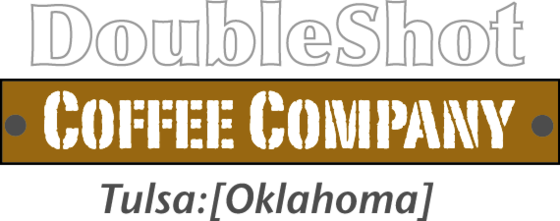- Continue Shopping
- Your Cart is Empty
Escape
My watch beeped. I didn’t hear it because I was wearing earbuds. But the vibration alerted me and I looked at my left wrist.
2.0 miles.
“Sixty to go,” I thought.
I was running on the roads in Osage Hills. I wasn’t actually running 62 miles that day, but I was training for a 100 kilometer race in southern Utah. So I imagined how I would feel 2 miles into a 62 mile run. I felt fine.
I was going to Zion. The National Park. Where people wait in line to catch a shuttle bus that takes them to paved trails so they can join hoards of other people enjoying the wonders of “nature.” I’d never been to Zion. It was just a place on a map. A place I had heard was beautiful.
I live in a diverse neighborhood in an old part of Tulsa. Adjacent to my house (which appears to be abandoned) live a drunken ex-mailman; a doctor; a cop; a drug dealer (so the cop tells me); and a bunch of cool kids hiding behind a fence and a gate so the mailman, the doctor , the cop, the drug dealer, and the coffee guy can’t disturb their sanctuary on the hill. I like my neighborhood and the mishmash of oddball people who live there. On my way home I see a lot of our homeless sleeping up under bridges and hanging out near shelters. One man with amazingly limber hamstrings has been living on the sidewalk under an overpass near my house for a couple of years now. I don’t know him. I don’t know anything about him, but I wonder a lot.
The other day I was walking home from an outdoor concert and I noticed this man was sitting straight up, as usual, legs outstretched in front of him, and he was reading something. Curious, as I got closer I could see it was a road atlas. A big one, like the atlas I keep in the seat pocket behind me in my car. The one we all used to refer to when we traveled. Rand McNally. With its inset big city maps and distance charts from landmark city to landmark city on our country’s interstate system. This man, who hadn’t gone further than the corner store in over two years, was looking at an atlas.
The life of an entrepreneur can be stressful and full of decisions and adversity and never-ending lists of tasks impossible to conquer. Days fly by in a whirl of addressing issues and partial successes and unexpected setbacks. Solving problems and planning for the season to come. CYA and learning and adjusting and hopefully doing better tomorrow.
In the evenings when I get home, I fire up the range on an All-Clad pot with a generous pour of Spanish olive oil, chop some Vidalia onion with my Japanese chef knife, and the stress begins to sizzle away. I turn on the classical station to hear masterpieces by Russian composers, written 150 years ago. I strip down to my undershirt, pour a Belgian ale, and make dinner.
I read at night. About the history of the world, generally. About geography and cultures, and adventures of explorers from recorded past, civilizations, and fossil records and ruins. Right now I’m reading a book from an author I enjoy named Elspeth Huxley. It’s a memoir of her life growing up in Kenya on a coffee farm after the first World War.
It’s escapism, isn’t it? Life is hard monotonous and we want adventure and change. Things don’t go as planned and we don’t know if we can go on for one more day. And then we go for a run or thumb through the U.S. road atlas or read a book about the travails of a time and place so foreign to our own. And our minds travel. The human brain is an amazing thing.
This is one of the things I’ve always loved about coffee. Coffee beans are the seeds of coffee cherries. Fruit grown on trees in tropical highlands throughout the world. The coffee beans you buy at the DoubleShot in our kraft one-pound bags are hand picked by people in faraway places who speak different languages and live an entirely different life than we live. Their culture and cooking and housing are as foreign to us as history or deserts, or the unknown interstates to a man with no means of transportation. The terroir and cultivation and processing of the coffee influence its taste in the cup. The inherent characteristics of a coffee are the result of a million semi-random factors taking place in very interesting places with very interesting people guiding the cultivation. When you see the names of these coffees (“Do you want the Colombia or the Kenya?”), it’s not just a name. These places are real, and they are coming to us. The coffee is a physical manifestation of a land and a culture far away from here. You can touch and taste and smell the fruit of Ethiopia or Costa Rica. It’s as if we were serving the cuisine of a dozen cultures, each prepared by inhabitants of those foreign lands. We live out world travel in each cup and each pound and each little coffee bean that was touched first by the land and then the hands of a native and by me and you.
I love the idea of coffee. Because it’s not like a movie about a safari or a French restaurant or a memoir or a road atlas, though those are all wonderful experiences. This is the real thing. You can drink a cup of coffee and the world comes to you. A momentary escape in the midst of the chaos of life, it can take your mind to foreign lands.
